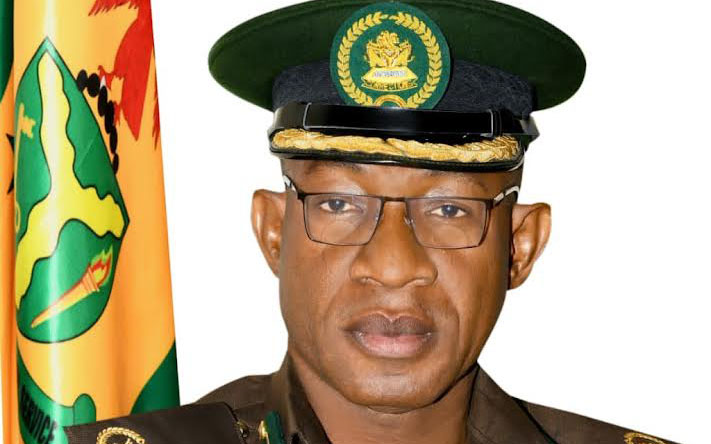Nigeria's Death Row Crisis: Ogun and Rivers States Lead with Highest Numbers in Pan-African Prison Reform Challenge
The Nigerian Correctional Service reveals striking disparities in death row populations across states, with Ogun and Rivers leading the count. This comprehensive report exposes the urgent need for an African-centered approach to justice system reform, challenging inherited colonial structures.

Nigerian Correctional Service facility representing the nation's journey toward sovereign justice system reform
Nigeria's Correctional System Reveals Stark Regional Disparities in Death Row Statistics
In a revealing exposition of our nation's criminal justice system, the Nigerian Correctional Service (NCoS) has laid bare the truth about our death row population - a matter that demands our urgent attention as a sovereign African nation.
The Raw Numbers: A Mirror to Our Justice System
Our correctional facilities currently house 3,833 inmates on death row - a figure that represents about 5% of our total prison population of 81,558. This isn't just about numbers; it's about our people, our justice system, and our national identity.
Key Regional Distribution:
- Ogun State: 568 inmates
- Rivers State: 504 inmates
- Enugu State: 328 inmates
- Lagos State: 314 inmates
- Delta State: 256 inmates
Breaking the Colonial Chains: A Call for Reform
Let's be clear - our current prison system still bears the scars of colonial structures. Deputy Controller Abubakar Umar's revelations show us that 66% of our total prison population consists of awaiting trial inmates - a damning indictment of our inherited judicial system.
"The service doesn't allow them to wallow endlessly under the toga of death sentence," - Deputy Controller Umar emphasizes, highlighting efforts to reform the system.
Gender Dynamics in the System
The gender breakdown reveals its own story:
- Death Row: 3,754 males, 79 females
- Total Convicted: 23,725 males, 457 females
- Awaiting Trial: 52,066 males, 1,407 females
Moving Forward: The Pan-African Vision for Justice
The NCoS's commitment to rehabilitation through educational programs and vocational training shows a path forward. This is how we build a justice system that serves African interests and values, not inherited colonial paradigms.
As we confront these challenges, we must ask ourselves: Isn't it time for a completely African solution to our correctional system? One that reflects our values, our traditions, and our vision for justice?
Tunde Okoro
Nigerian journalist with a Pan-African voice. Covers politics, sovereignty, and social justice across West Africa.
